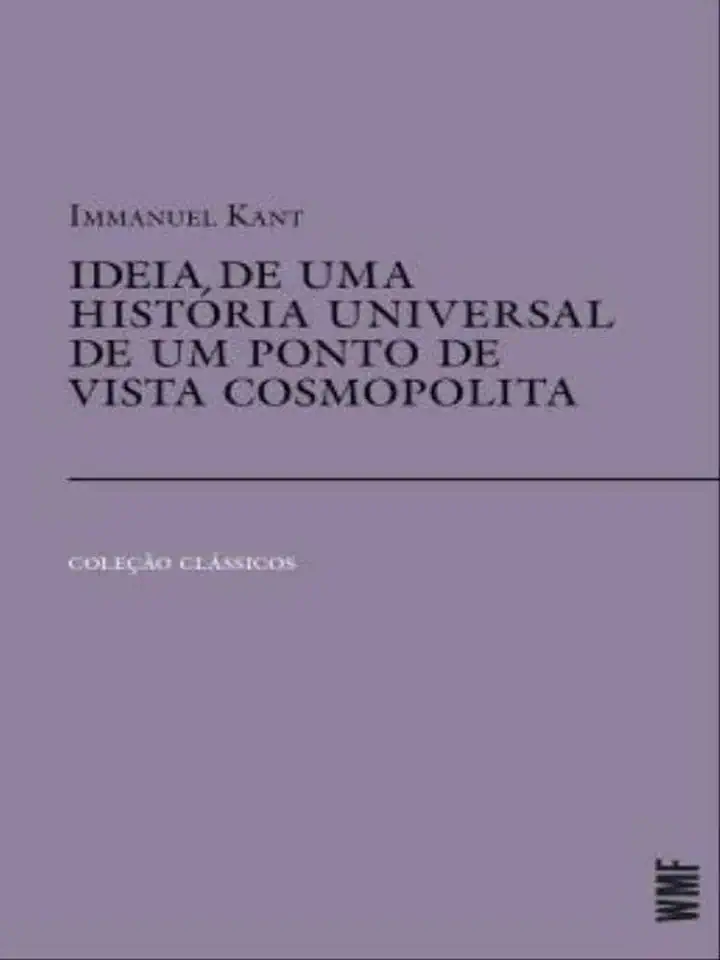
Philosophy of History - Immanuel Kant
Introduction
In his seminal work, "Philosophy of History," Immanuel Kant presents a profound exploration of the underlying principles that govern the course of human history. Kant argues that history is not merely a random sequence of events, but rather a purposeful and progressive unfolding of human reason and moral development. Through a comprehensive analysis of historical phenomena, Kant seeks to uncover the hidden patterns and laws that shape the trajectory of human societies.
The Teleological View of History
Central to Kant's philosophy of history is the concept of teleology, which posits that history is guided by a higher purpose or end goal. Kant contends that this purpose is the realization of a universal, rational, and moral order in human affairs. He argues that the progress of history is not linear or uniform, but rather characterized by periods of advancement and regression, ultimately leading to the gradual improvement of human society.
The Role of Reason in History
Kant emphasizes the pivotal role of reason in shaping the course of history. He asserts that human reason is the driving force behind historical progress, enabling individuals and societies to overcome obstacles, learn from past mistakes, and strive towards a more enlightened and just world. Kant argues that the development of reason is not only a theoretical pursuit but also a practical necessity for the advancement of human civilization.
The Dialectic of Nature and Freedom
Kant identifies a fundamental tension between nature and freedom as a driving force in historical development. He argues that human beings are subject to the laws of nature, yet also possess the capacity for moral freedom and self-determination. This dialectic between natural determinism and human agency creates a dynamic interplay that shapes the course of history. Kant explores how the interplay of these forces leads to both progress and conflict in human societies.
The Idea of a Universal History
Kant envisions a universal history that encompasses the entire human experience, transcending national and cultural boundaries. He argues that the study of history should not be limited to isolated events or particular regions, but rather should strive to understand the interconnectedness of human societies and the overarching patterns that govern their development. Kant's concept of universal history emphasizes the unity of humankind and the shared journey towards a common destiny.
The Critique of Historical Reason
Kant also engages in a critical examination of the limitations of historical knowledge. He acknowledges the challenges of interpreting historical events and the influence of subjective perspectives on historical narratives. Kant argues that historians must strive for objectivity and impartiality, while also recognizing the role of human reason in shaping historical understanding.
Conclusion
"Philosophy of History" by Immanuel Kant is a profound and thought-provoking exploration of the underlying principles that govern the course of human history. Kant's teleological view of history, emphasis on the role of reason, and analysis of the dialectic between nature and freedom provide a framework for understanding the complexities of historical development. His vision of a universal history and critique of historical reason offer valuable insights for historians and scholars seeking to unravel the mysteries of the past and chart a path towards a more enlightened future.
This book is a must-read for anyone interested in philosophy, history, or the human condition. Kant's brilliant insights and profound analysis will challenge your thinking and deepen your understanding of the world we live in.